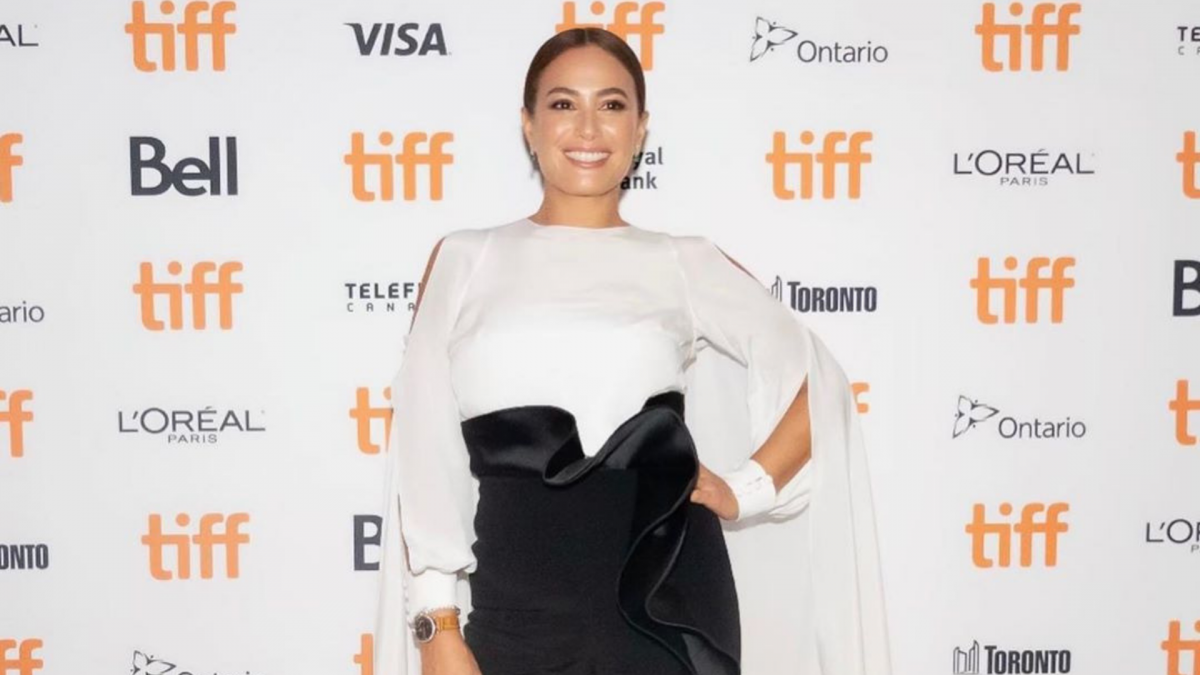Women in Arab Film: Conversation with Hend Sabry
By: Jenny Lyu / Arab America Contributing Writer

Dreaming of Acting
Starting to act was an accident for Hend Sabry, but she fell in love with it. The Tunisian-born actress began her career in 1994 when she was only 14 years old. She was seen by a director who brought her into the film industry. Creating another world and letting people believe in it is attractive. “I like performing because it allows me to explore and express the different aspects of my personality.” She never stops her progress. She relocated to Egypt in 2003, quickly rising to become one of the most accomplished Arab actresses. Netflix International recruited Sabry in 2019 to star in a Netflix original production, “Finding Ola“, as its first Arab female star. The series is known for its feminism, women and teenage characters, and female-driven original stories.”
“When born in Tunisia, you were born with this country and this awareness. You are a fortunate woman. Not all women in your neighborhood are as fortunate as you…Now I am in a position where I can be heard, and my story can be heard. I want to share with more Arab women.”
-Hend Sabry
Gender in Arab Film
Male roles dominate and are the engine of Arab cinema. Sabry always speaks up for women. Actresses are paid much less than their male counterparts and have fewer opportunities to perform than males. There are also far fewer scripts written for female characters. Films are designed to elicit emotions, arouse thinking, and discuss problems. There should not be this separation of male- or female-dominant movies. Arab films should celebrate everyone. One way to fix this problem, Sabry says is that “we need more great stories about women and more writers to create more vivid female characters.”
Producing for freedom
It is not common for an Arab actor to own a production company. Sabry is the first actress to do just that. Most people fear financial risks, but Sabry is not for business purposes. She loves to help others in her field by producing the great stories that need to be told. Owning her own company allows her to manage projects, which means she can control the content and stories she wants to tell audiences. Freedom is what she pursues.
In her 29 years of acting, she has gained experience from a lot of different things in her life. Looking at the world around her, she always thinks about what she can do differently and what she can improve. She is interested in various departments within the entertainment community. Sabry tries to explore more to understand the big picture. Maybe someday, she will become a director behind the camera.

Learning to Fight
Sabry obtained her license in law at the Faculty of Law in Tunis in 2001, and in 2004, completed her master’s in law focusing on intellectual property and copyright. She tries to use what she learned in law school in her acting. Actors need to be aware of their intellectual property because it is their livelihood. Copyright systems are more complex and work more effectively in Western industrialized countries. In the Arab region, on the other hand, there is a lack of awareness and respect for intellectual property rights. For example, in television programming, many broadcast channels arbitrarily re-edit television programs to improve advertising revenue. They believe they can do whatever they want with a TV show once they buy it, even making it artistically crippled.
With globalization, people are becoming more aware of intellectual property rights. Still, if Arab cinema is to reach its full potential, more needs to be done to raise awareness of intellectual property laws and enhance performers’ rights to ensure that they are paid fairly for their work on all platforms. Currently, intellectual property laws favor the interests of producers and investors over the artistic contributions of actors.
Sabry believes in what she is expressing and communicating to millions of people on the big screen. She is forever planning her next step and working towards it. She sticks to her dream of creating more works that contribute to society’s development and cultural prosperity. Her bravery and innovation have inspired many young people.
Check out Arab America’s blog here!








